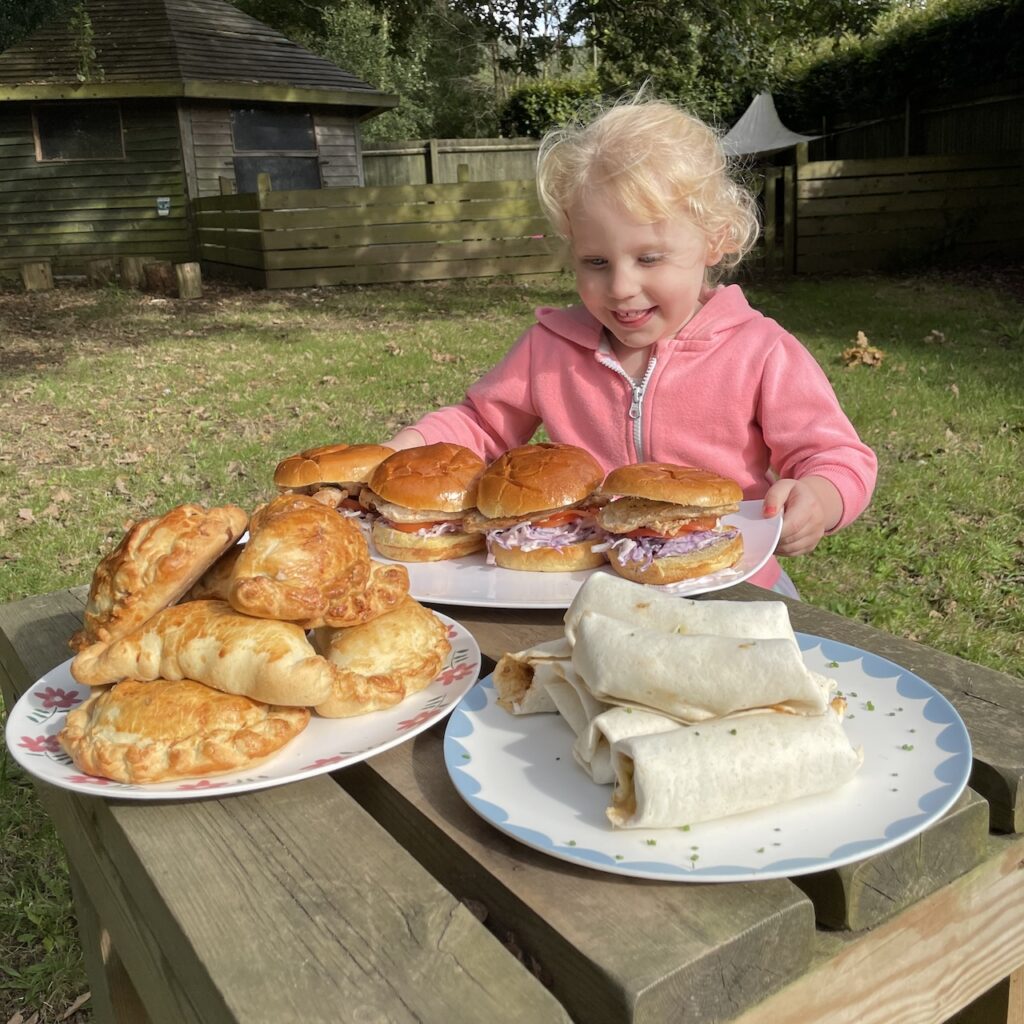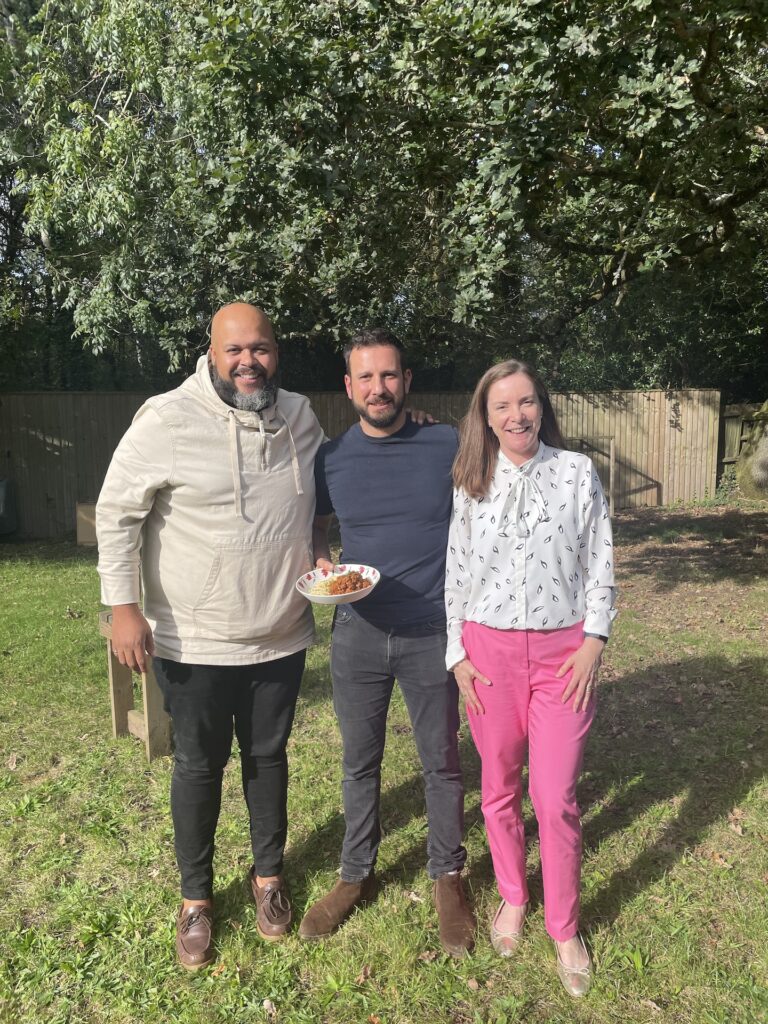
Wild meat, including venison and feathered game which has been reared and released to top welfare standards in the British countryside, has been introduced to a collective of schools. Tops Nurseries, an early education center that includes 32 nurseries across Dorset and Hampshire, is among the first in its sector to make the move and put wild meat on its menu.
Working in collaboration with Eat Wild, the development board for all wild meat in the UK, Tops Nurseries has developed five different wild meat meals which will be incorporated into the schools’ menu. Across the 32 sites, the children will be provided with wild meat meals three times a week on a three-week cycle, totalling 3,000 wild meat meals per month.
Leon Challis-Davies, Culinary Director at Eat Wild who is leading the project says,
“There are lots of reasons why getting wild and sustainable meat onto school menus is so important, I could talk about them for hours. First and foremost, though, it’s so important that we get the younger generation to eat more nutritional and vitamin-rich food to help them develop. Wild meat is not only healthier, but it’s also more sustainable than what we consume from our current meat-producing sector. It’s much more flavoursome too. For the countryside community in particular, this is a huge win, and we hope to take it to the next level and introduce wild meat into higher education and beyond.”
Eat Wild is the development board for British game, aiming to showcase the wild game as it’s never been seen before whilst promoting assured meat; reared, and released to top welfare standards in the British countryside. Eat Wild champions the high welfare, nutritional benefits, and sustainability of game meat. Importantly, it offers people an easy education into the world of wild game.
Peter Ttofis, Catering Manager for Tops Nurseries said
“Having worked in the hospitality industry for so long I had always been aware of how delicious wild foods were, especially game. The variety and how natural it is always appealed to me as I knew it hadn’t been subjected to courses of intense growth hormones or antibiotic treatment and is left to roam freely eating natural foods within its natural environment, because after all, we are what we eat, right? This got me thinking, could children benefit from eating wild meat? And could the odd dish make its way onto our menus?
He continued,
“After a bit of research, we discovered that the nutritional value of game was excellent, and contained less fat, as much protein and nutrients like vitamin B-12, iron and zinc as our typical household meats like beef, chicken, lamb and pork. I also saw the conservation work that went on around these animals, and the huge benefits it had on the environment, community, and wider biodiversity. We decided to create fun and vibrant dishes from around the world using wild food; dishes like venison bolognaise or venison orzo bake will make their way onto our menus, giving the children their first tastes of game and a gateway to new nutritional flavours. Giving wild food a try and experimenting with our food diversity is something we should really be giving a go and exploring, because after all, food should be fun, exciting, new and delicious.”
